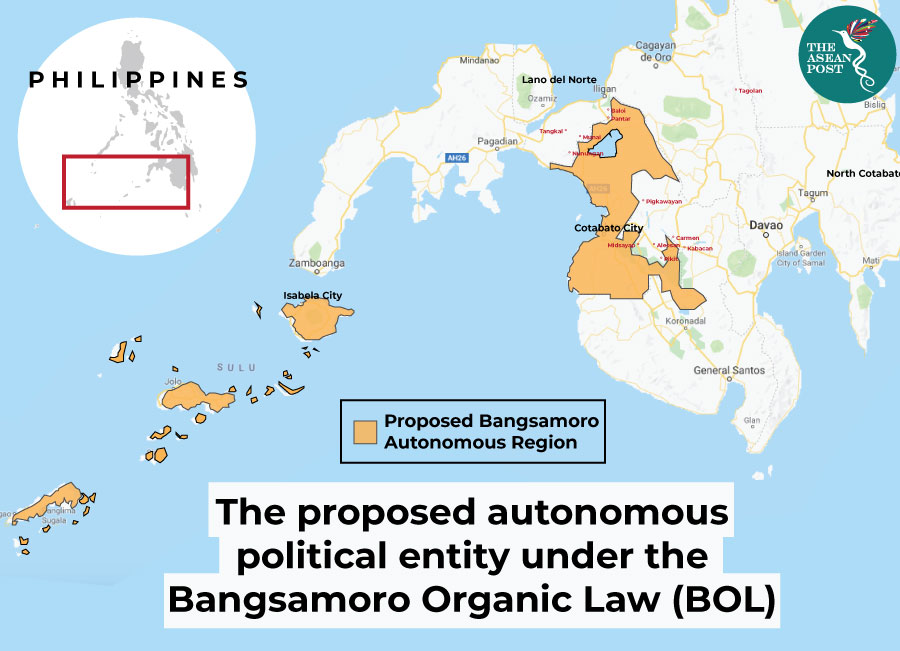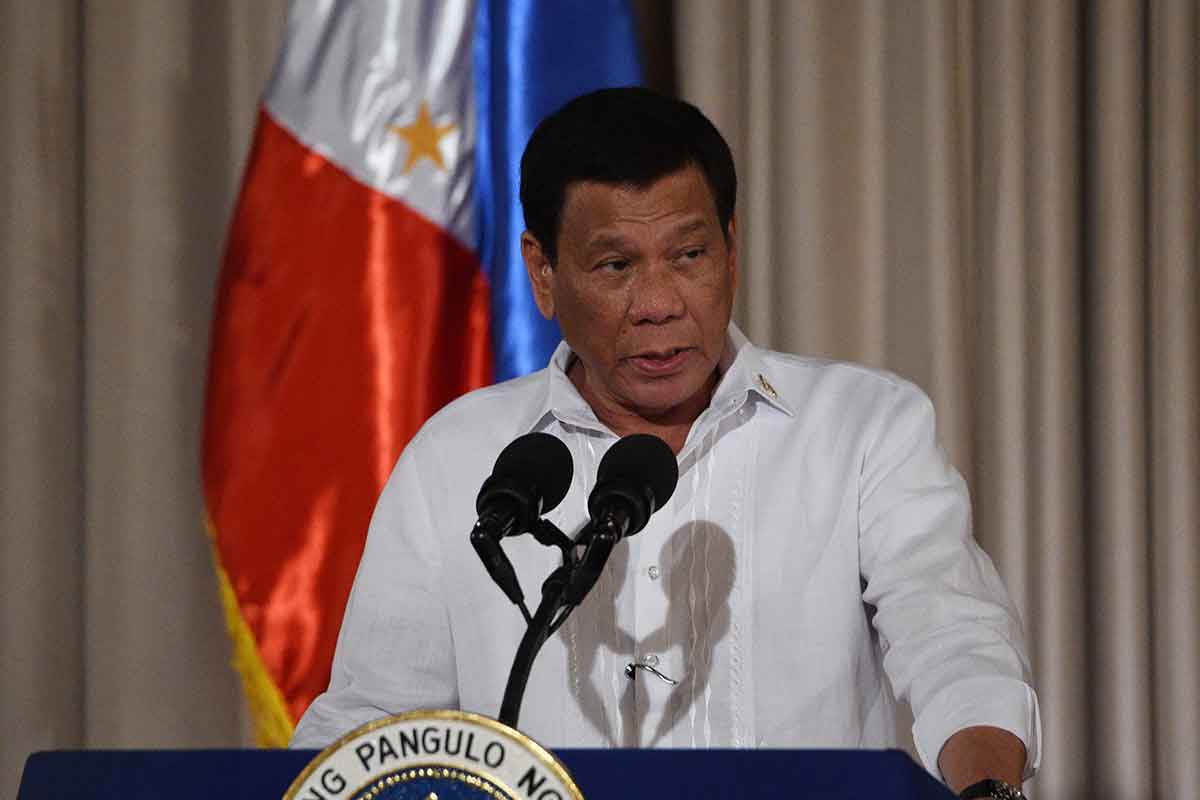Today officially kicks off the campaigning period for the plebiscite on Bangsamoro Organic Law (BOL) scheduled to be held on 21 January, 2019. A few weeks from now, voters from the Autonomous Region in Muslim Mindanao (ARMM) and certain surrounding regions will take part in a historic referendum which could see the creation of a Bangsamoro Autonomous Region through the ratification of the BOL.
The BOL seeks to establish a proposed new autonomous political entity known as the Bangsamoro Autonomous Region, replacing the current ARMM. As opposed to the ARMM, the Bangsamoro Autonomous Region could possibly cover a much larger territory, have a different structure of government and would ultimately give more autonomy to the people in the region. Essentially, the BOL will allow the Bangsamoro to have greater political powers with wider fiscal autonomy while still remaining in the Philippines.
History
The concept of the BOL (previously named Bangsamoro Basic Law) came about after the Philippines government and the Moro Islamic Liberation Front (MILF) signed a peace deal in March 2014. The MILF is based in Mindanao and is one of the foremost groups fighting for an autonomous region for the Moro people. First founded in 1978 as the Moro National Liberation Front, the group has presence throughout the Bangsamoro region of Mindanao, the Sulu Archipelago, Palawan and other nearby islands. Historically, the MILF and other Islamic groups have fought using violent means to demand for independence. However, in 2010, the MILF said that it would instead pursue a plan for an autonomous region under the Philippines instead of separation from the country.

In 2014, the Philippine government’s chief negotiator Miriam Coronel Ferer and MILF chief negotiator Mohagher Iqbal signed a peace agreement in Kuala Lumpur. The peace deal led to the conception of the Bangsamoro state. Stakeholders submitted a document to the Philippines’ Congress with a detailed plan for the Bangsamoro Autonomous Region to replace the current Autonomous Region in Muslim Mindanao. The document would spell out the territory it would occupy and details of the BOL. Progress in passing the law in congress however hit a snag in 2015 when the Mamasapano clash took place. The Mamasapano clash was a “misencounter” between the Philippines National Police and MILF rebels that left over 60 people dead.
Peace in Bangsamoro
Speaking to local media, the chief of the Armed Forces of the Philippines welcomed the passage of the BOL saying that the laws have a “direct correlation to peace”. Over the past few decades, Bangsamoro has been a hotbed of terrorism and extremist activity. Terrorist organisations would exploit the Moro conflict and insurgency as a way to recruit members. Among the organisations active there include Abu Sayyaf and the Bangsamoro Islamic Freedom Fighters. The passage of the BOL would now reduce antagonisms between citizens and the central government, giving less room for other groups to exploit the sentiment of the people. Furthermore, the passage of the BOL will negate grievances of the insurgency groups there. If proper autonomy is granted to the region, insurgency groups would have no reason to engage with the central government as their grievances could be brought up with the local government.
“The BOL will put an end to the conflict because revolution movements are in agreement with it. It will put an end to the marginalisation that we have and it will provide an effective governance for the region,” Bangsamoro Transition Commission head Jose Lorena said.
However, there are arguments that the passage of the BOL does not guarantee the elimination of extremism. Observers are worried that if there are limitations in the BOL, it could be used as ammunition against the MILF. It needs to be reminded that groups such as Abu Sayyaf and Dawlah Islamiyah came into prominence after mainstream groups such as the MILF were seen to be ineffective in the struggle for self-determination. Therefore, to prevent history from repeating, the creation of a Bangsamoro Autonomous Region has to truly be self-governing and autonomous.
Extremism in the region may not disappear overnight but this move towards giving the region more autonomy could be a step in the right direction.
Related articles:
